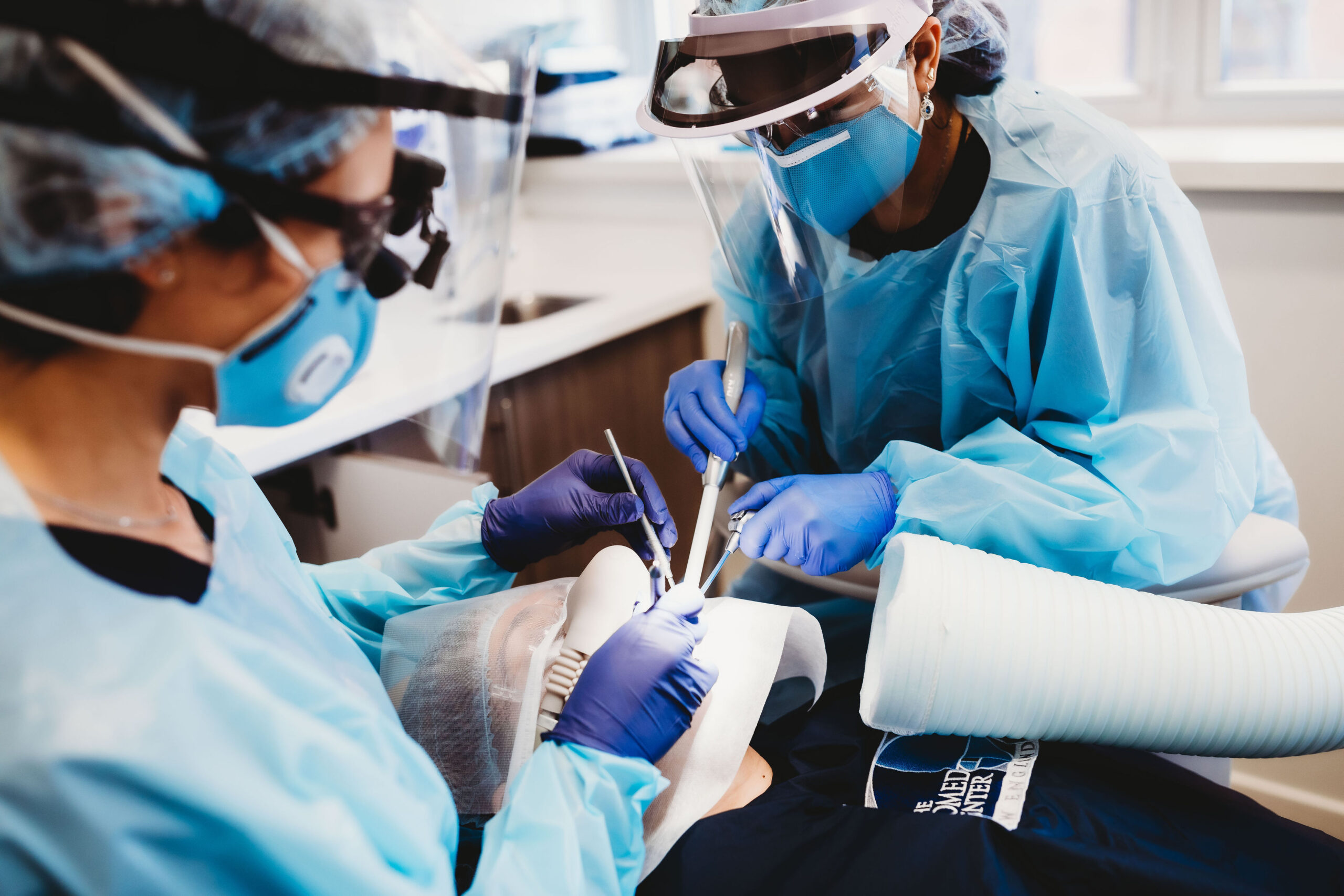The safety and toxicity of amalgam fillings have long been debated in the dental industry. In September 2020, the U.S. Food and Drug Administration issued new recommendations for certain high-risk groups regarding the use of dental amalgam. Here, our team takes a closer look at these updated guidelines and reviews the concerns about mercury-containing restorations. We’ll also explore amalgam filling replacement using the SMART technique – a method routinely performed by our doctors at Well Rooted Dentistry.
About Amalgam Fillings
Traditionally, dental fillings were made with amalgam – a mixture containing tin, copper, silver, zinc, and mercury. Though the use of amalgam in dentistry has been on the decline for a few decades, there are plenty of dentists in the United States who still place mercury-containing restorations.
Despite claims by the American Dental Association that amalgam is safe, other organizations have historically disagreed. The International Academy of Oral Medicine and Toxicology (IAOMT) has repeatedly outlined the dangers of mercury-containing fillings.
Why are amalgam fillings considered unsafe by many?
Why are amalgam fillings considered unsafe by many dental professionals? First, mercury is not biocompatible – meaning, it is not tissue-friendly. There are other materials that do not have an adverse effect on the oral microbiome. Secondly, for those that have amalgam fillings, mercury vapor is released into the body every time you chew. Numerous harmful effects have been documented regarding its use, including headaches, respiratory failure, nerve damage, and kidney problems.
High-Risk Groups Regarding Dental Amalgam
Over the past 20 years, the FDA has been conducting research and holding discussions about the safety of dental amalgam. Their findings confirm that elemental mercury – which is used in dental amalgam – is known to cause adverse health effects, especially when exposure is high. These problems are more prevalent in individuals with a mercury sensitivity as well as those who have a reduced ability to remove mercury from their bodies. These groups are known to have a higher risk for adverse health effects regarding mercury:
- Women who are planning to become pregnant
- Women who are currently pregnant, as well as their developing fetuses
- Newborns and infants
- Nursing mothers
- Children aged six and younger
- Individuals with pre-existing neurological disorders
- Individuals with damaged kidneys
Metal-Free Dental Fillings
At Well Rooted Dentistry, we understand the mouth-body connection and how oral health can impact your overall wellness. That’s why we use only biocompatible materials when placing dental restorations. Our metal-free fillings bond directly to the teeth, making them stronger and more resilient.
We also provide materials testing when necessary. This helps ensure that patients do not have adverse or allergic reactions to any of the materials used in our procedures.
Amalgam Filling Replacement
Many patients ask us, “What if I already have amalgam fillings?” Fortunately, old amalgam fillings can be safely removed using the SMART technique, developed by the IAOMT. Practitioners must be careful to minimize mercury exposure during amalgam filling removal replacement. At Well Rooted Dentistry, our dentists are certified in the SMART protocol and use it routinely to protect patients from the harmful effects of mercury.
Contact Us to Learn More
Protect your oral health as well as your overall wellbeing by understanding the dangers of dental amalgam. If you’re interested in learning more about amalgam filling replacement, schedule a consultation with one of our biological dentists. Contact us online anytime or give us a call at (401) 533-9680.


